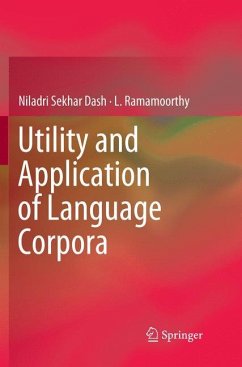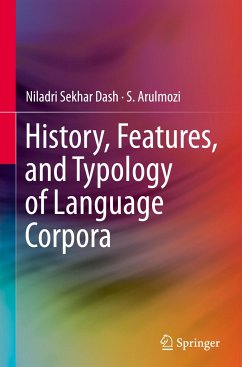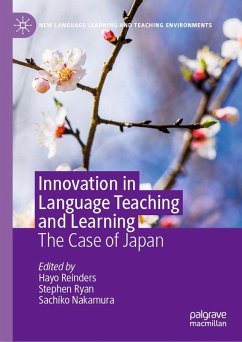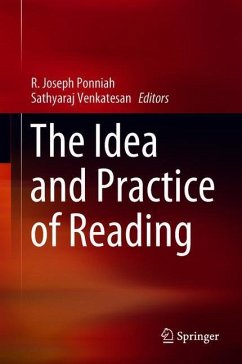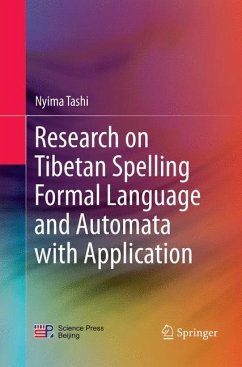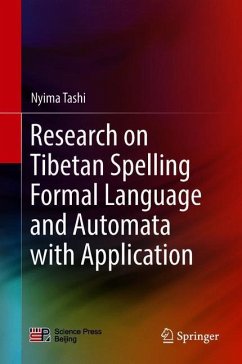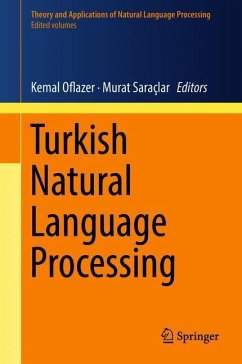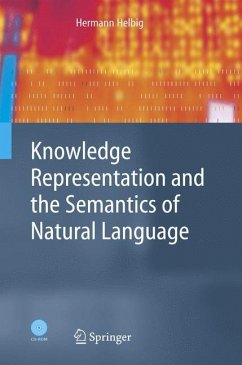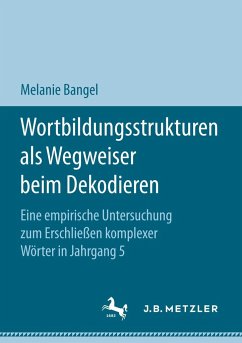
Utility and Application of Language Corpora
Versandkostenfrei!
Versandfertig in 6-10 Tagen
57,99 €
inkl. MwSt.
Weitere Ausgaben:

PAYBACK Punkte
29 °P sammeln!
This book discusses some of the basic issues relating to corpus generation and the methods normally used to generate a corpus. Since corpus-related research goes beyond corpus generation, the book also addresses other major topics connected with the use and application of language corpora, namely, corpus readiness in the context of corpus sanitation and pre-editing of corpus texts; the application of statistical methods; and various text processing techniques. Importantly, it explores how corpora can be used as a primary or secondary resource in English language teaching, in creating dictionar...
This book discusses some of the basic issues relating to corpus generation and the methods normally used to generate a corpus. Since corpus-related research goes beyond corpus generation, the book also addresses other major topics connected with the use and application of language corpora, namely, corpus readiness in the context of corpus sanitation and pre-editing of corpus texts; the application of statistical methods; and various text processing techniques. Importantly, it explores how corpora can be used as a primary or secondary resource in English language teaching, in creating dictionaries, in word sense disambiguation, in various language technologies, and in other branches of linguistics. Lastly, the book sheds light on the status quo of corpus generation in Indian languages and identifies current and future needs.
Discussing various technical issues in the field in a lucid manner, providing extensive new diagrams and charts for easy comprehension, andusing simplified English, the book is an ideal resource for non-native English readers. Written by academics with many years of experience teaching and researching corpus linguistics, its focus on Indian languages and on English corpora makes it applicable to graduate and postgraduate students of applied linguistics, computational linguistics and language processing in South Asia and across countries where English is spoken as a first or second language.
Discussing various technical issues in the field in a lucid manner, providing extensive new diagrams and charts for easy comprehension, andusing simplified English, the book is an ideal resource for non-native English readers. Written by academics with many years of experience teaching and researching corpus linguistics, its focus on Indian languages and on English corpora makes it applicable to graduate and postgraduate students of applied linguistics, computational linguistics and language processing in South Asia and across countries where English is spoken as a first or second language.





